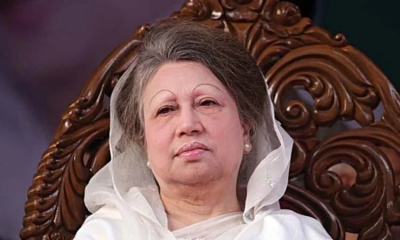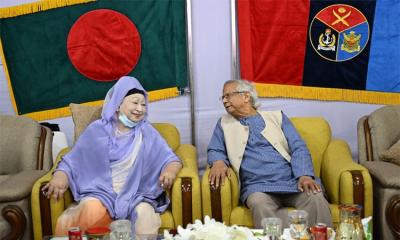The government today gave final approval to the draft of the Prevention and Suppression of Human Trafficking and Smuggling of Migrants Ordinance-2025, introducing stronger measures to combat trafficking, safeguard victims, and bring perpetrators under strict legal scrutiny.
The Council of Advisers gave the approval at its weekly meeting at the Chief Adviser`s Office (CAO) here with Chief Adviser Professor Muhammad Yunus in the chair.
After the meeting, Chief Adviser`s Press Secretary Shafiqul Alam briefed the media at the Foreign Service Academy here this afternoon, saying, "Human trafficking remains a serious concern for Bangladesh, with many people-particularly women and children-being deceived, financially exploited and trafficked abroad."
"This is not only a humanitarian tragedy but also deeply damaging to the image of the nation," he noted.
Following extensive discussions held last week, especially regarding cases of organ trafficking, the press secretary said the ordinance incorporates new provisions to address this issue.
"There have been incidents where people from northern districts-such as Joypurhat and Bogura-were trafficked for organ transplantation. The new law addresses this specifically," Shafiqul Alam said.
Citing that women and children are disproportionately vulnerable, the ordinance was given final approval following an extensive discussion with the Ministry of Women and Children Affairs.
Noting that Bangladesh ratified the UN Convention against Transnational Organized Crime (UNTOC) in 2000, and enacted its first anti-trafficking law in 2012, the press secretary said, the new ordinance updates the legal framework to reflect international standards, particularly the Protocol against the Smuggling of Migrants by Land, Sea and Air (SOM Protocol).
Under the new law, he said, individuals suspected of involvement in trafficking may, upon court order, face freezing of bank accounts, seizure of assets, and restrictions on foreign travel during investigation.
Ensuring justice for trafficking victims is a core objective of the law, the press secretary said.
Since online platforms are now increasingly used for recruitment and deceptive advertising for human trafficking, Shafiqul Alam said one of the primary goals of this ordinance to stop digital methods of trafficking.
Noting that victims often face pressure to settle or withdraw complaints, he said the ordinance includes provisions to protect witnesses and prevent forced compromise.


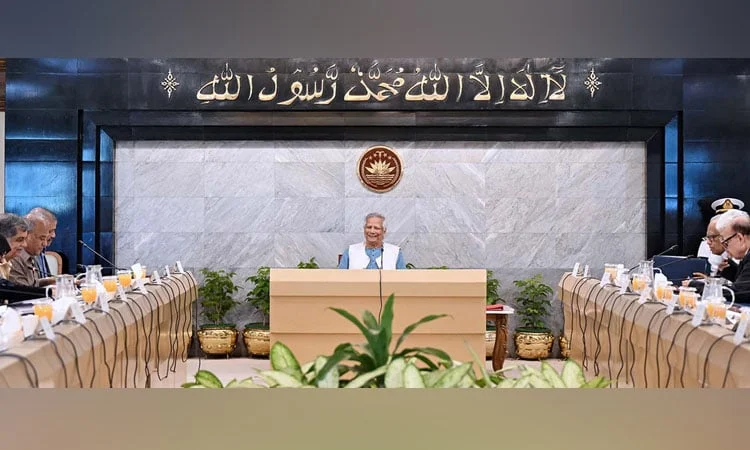




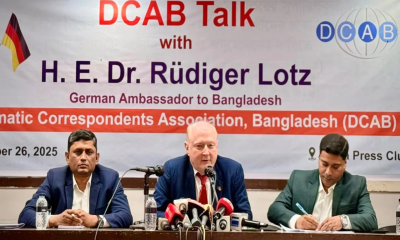

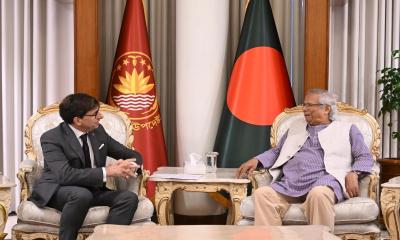



-20251127080320.jpeg)
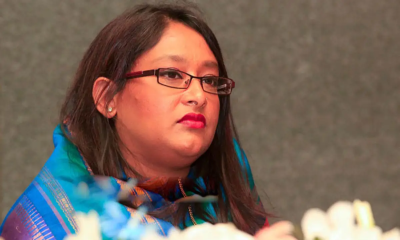

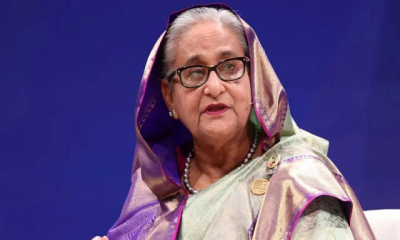


-(25)-20251122062715.jpeg)
-(25)-20251121051022.jpeg)

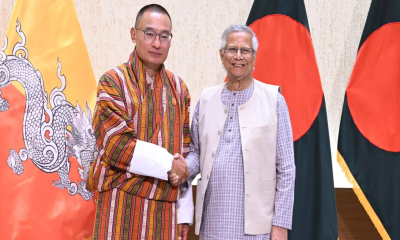
-(25)-20251122135712.jpeg)


